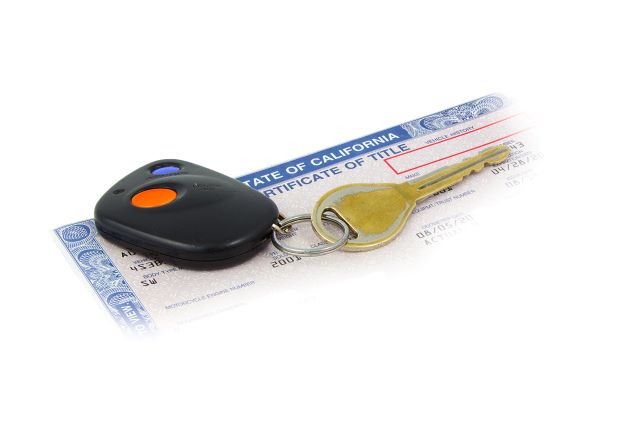When selling your used car on the private market in the US, there are several important steps to take. The most important is to have all the necessary
When selling your used car on the private market in the US, there are several important steps to take. The most important is to have all the necessary paperwork…before meeting with a potential buyer!
Collect Important Documents
Gathering the documents is the first step in private car sales. To meet state requirements, you must keep written records of the sale. However, the specific documentation requirements vary by state.
The documentation required does not change depending on the payment method you accept for your car. Whether you accept cash, a cashier’s check, or another type of payment, you’ll need the same set of documents.
For example, just because you accept a cashier’s check does not mean that the bank records will suffice to record the sale. Before listing your car for sale, always research what your state requires of both the buyer and the seller.
What Paperwork is Required When Selling My Car?
The paperwork required to sell a car varies by state. Most states require at least three documents: the Certificate of Title, the Bill of Sale, and the Release of Liability, with additional documents varying depending on the state from which you are selling.
Title Certificate
The most important document you’ll need is a Certificate of Title, which serves as proof of ownership. It is legal evidence that you own the vehicle and have the authority to sell it.
For as long as you have an outstanding auto loan balance, the lending institution will have a “lien” on your vehicle’s title, giving them legal claim to the vehicle in the event you default on your payments. It is preferable to pay off any car loans and sell the vehicle with a clear title.

Typically, the information you must include on the automobile title is:
- Your full name and address
- The purchaser’s name and address
- The odometer reading (cars 10 years and older are exempt)
- Your and the buyer’s signatures
Service History
Service records aren’t required by law, but they can help you determine the true value of your vehicle. Car values are typically higher for vehicles that have been regularly maintained and have proof of this in the form of maintenance records.
Car buyers are also more likely to buy from a private party if they can demonstrate that they’ve kept up with routine maintenance by keeping maintenance records. If you have “full service records available,” make that clear in your listing.
Warranty Paperwork
If you have a transferable used car warranty, your offer may be more appealing when selling a car privately:
- Any remaining factory warranties: Many factory warranties can be transferred to a new owner. Typically, transfers apply only to warranties issued for 5 years or less. Longer warranties, such as a 10-year, 10,000-mile drivetrain warranty, apply only to the original owner.
- Extended warranty documents: Although they are referred to as warranties, the Federal Trade Commission (FTC) classifies third-party warranties as service contracts. These are contracts in which another party pays for repairs. These contracts are typically for three, five, or seven years. Most service contracts for the same car can be transferred to a new owner.
- Mechanical breakdown insurance (MBI): This is sometimes referred to as an extended warranty, despite not meeting the FTC definition. A monthly premium will be charged to cover certain mechanical and electrical failures. Some policies are nearly identical to a factory bumper-to-bumper warranty.
Purchase Agreement or Bill of Sale
Whereas many states do not require a bill of sale, having one is nevertheless a good idea. It exemplifies legal proof of the sale’s terms and conditions.
For the few states that require a notarized bill of sale (see list below), go to your state’s Department of Motor Vehicles (DMV) website to download the state-approved form, fill it out, and take it to a notary public with the buyer to have it notarized.
States that require a Bill of Sale
• Alabama
• Arkansas
• Colorado
• Connecticut
• Hawaii
• Idaho
• Maine
• Nebraska
• New York
• Ohio
• Rhode Island
• South Dakota
• Vermont
• Washington
• West Virginia
• Wyoming
States that necessitate a Notarized Bill of Sale
• Louisiana
• Maryland
• Montana
• Nebraska
• New Hampshire
• West Virginia
• Pennsylvania
Other Paperwork Needed
Depending on the state, you may also need one or more of the following:
- Release of liability
- Odometer disclosure
- Smog inspection
Good luck selling or buying your next used vehicle! With the right paperwork in hand, the process will go much easier.



















































































































COMMENTS